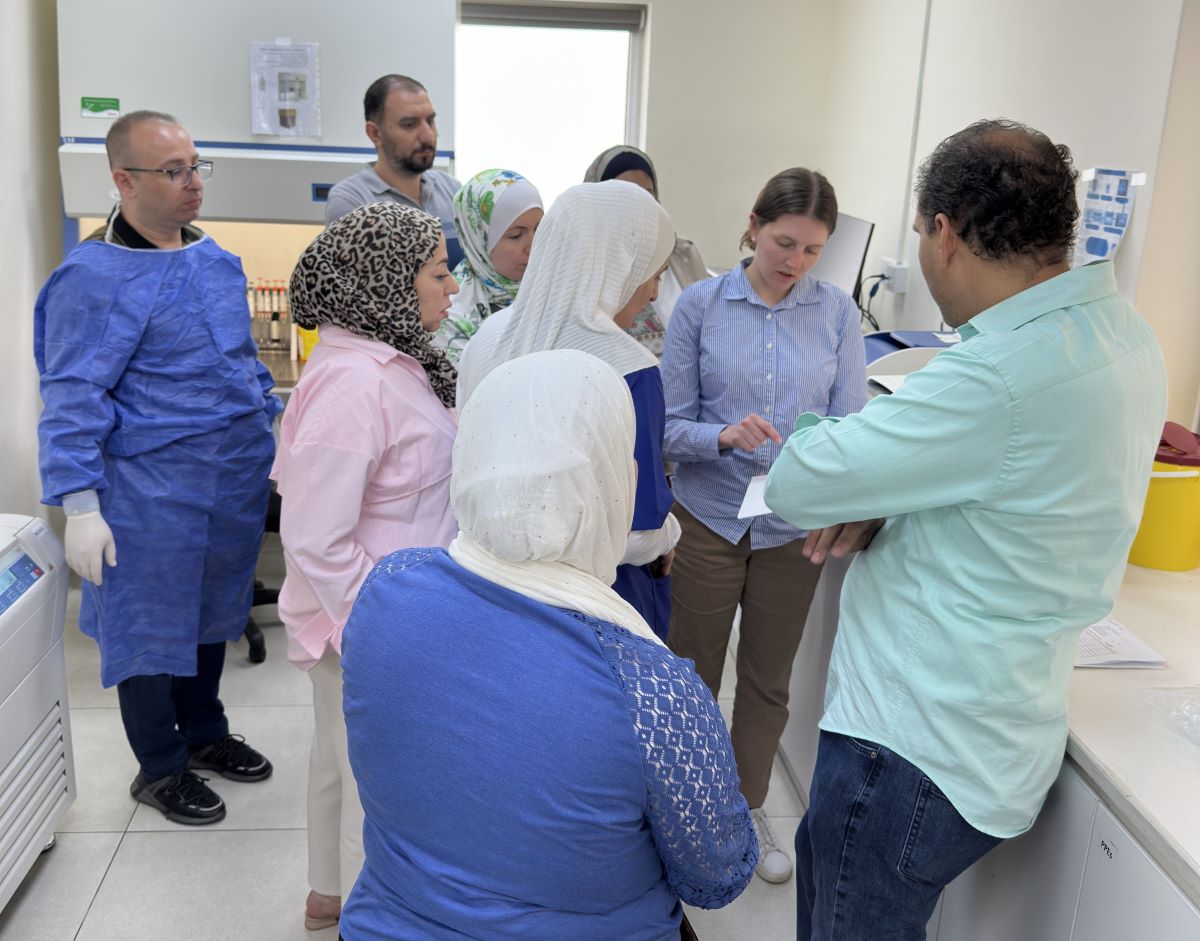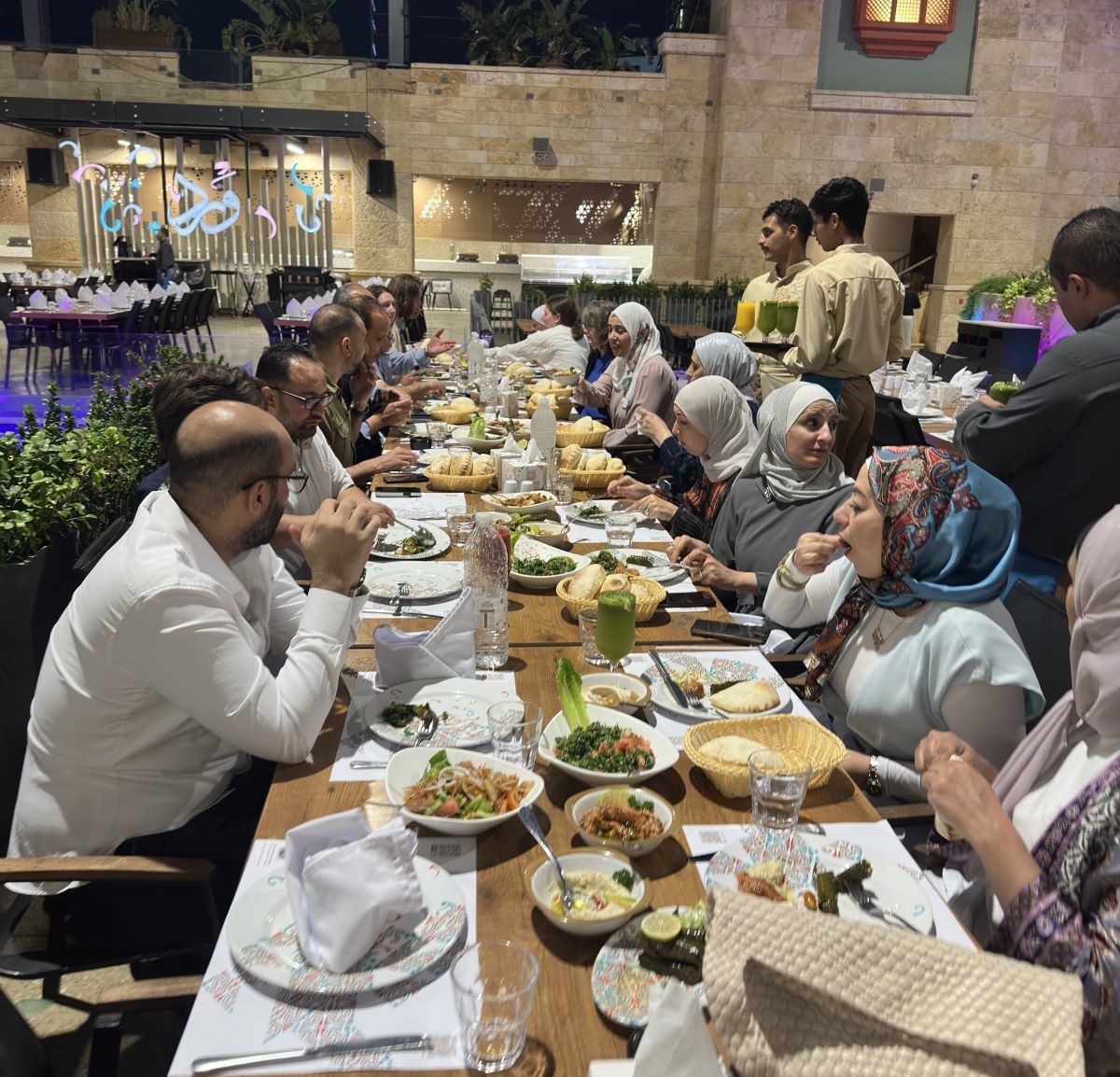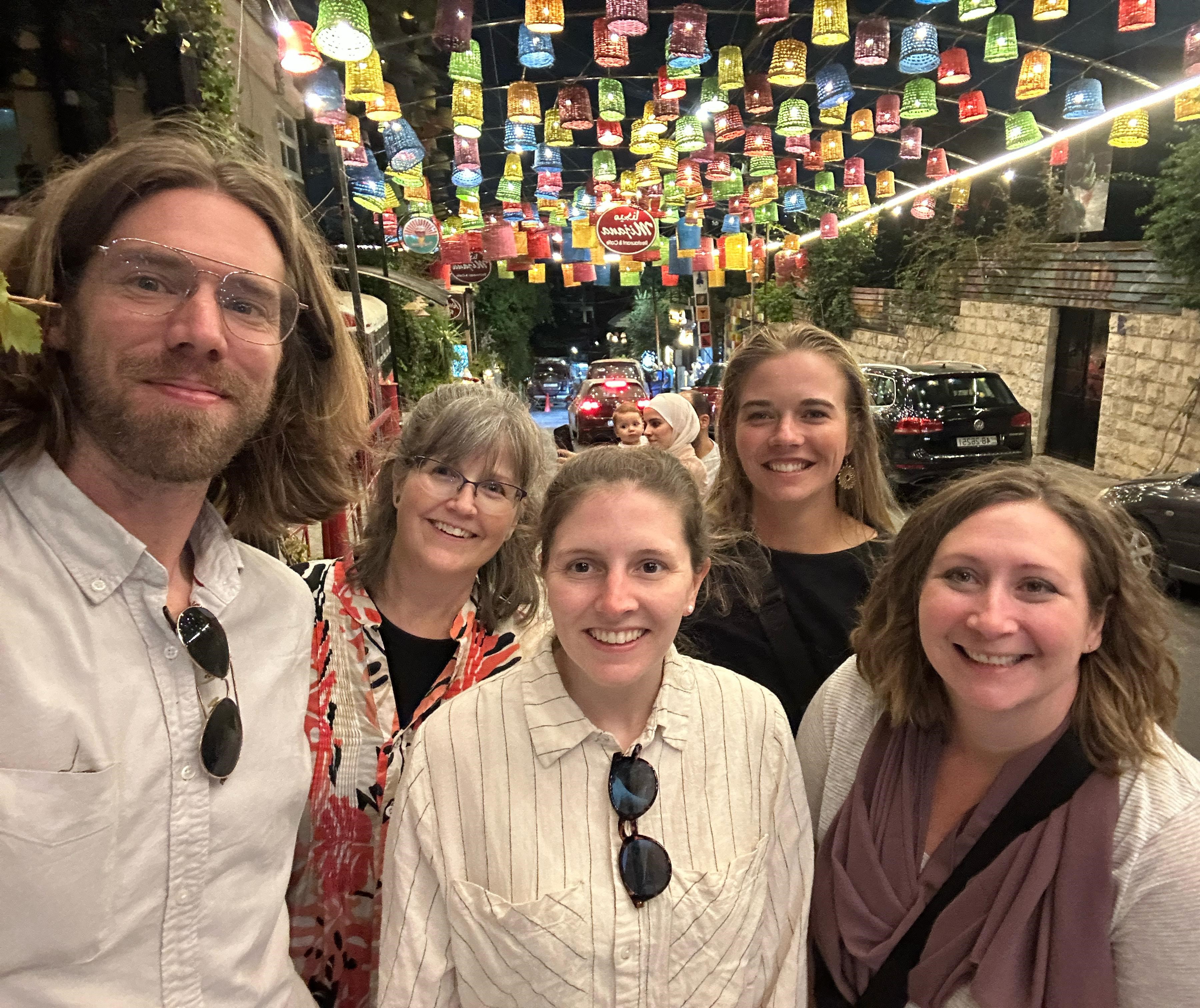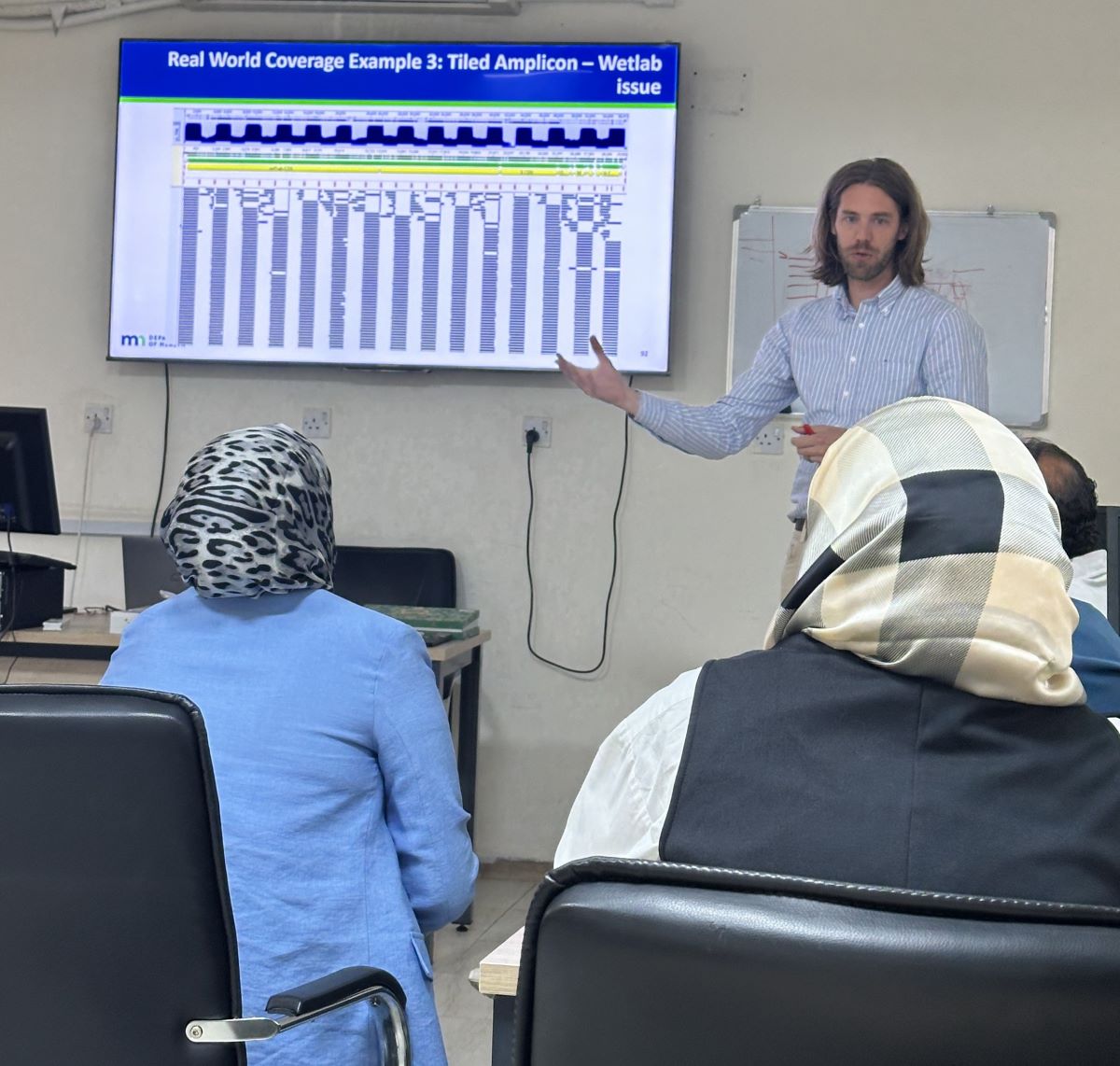2025 Public Health Laboratory Newsroom
Minn. Public Health Lab Tapped to Consult with Jordan’s National Lab
 The Minnesota Public Health Laboratory is well established as one of the leading public health laboratories in the United States. The lab is especially proficient in virus genome sequencing, a process that maps out the genetic material of virus samples. This is key to tracking viral diseases such as the flu and COVID-19. (Read more in National Leader in Virus Genome Sequencing, Minn. Public Health Lab.)
The Minnesota Public Health Laboratory is well established as one of the leading public health laboratories in the United States. The lab is especially proficient in virus genome sequencing, a process that maps out the genetic material of virus samples. This is key to tracking viral diseases such as the flu and COVID-19. (Read more in National Leader in Virus Genome Sequencing, Minn. Public Health Lab.)
When the Association of Public Health Laboratories (APHL) needed a consulting partner for the public health laboratory of the country of Jordan, it turned to the Minnesota Public Health Laboratory. Jordan’s lab was especially interested in the genome sequencing of respiratory syncytial virus (RSV). The Minnesota Public Health Laboratory is a worldwide leader in tracking RSV through whole genome sequencing.
 Jordan is a country of 11.5 million people in the Levant region of Western Asia bordered by Israel, the West Bank, Syria, Iraq, and Saudi Arabia. It is known as a safe, stable country with a strong tourism sector. In particular, medical tourists are attracted to its robust health infrastructure.
Jordan is a country of 11.5 million people in the Levant region of Western Asia bordered by Israel, the West Bank, Syria, Iraq, and Saudi Arabia. It is known as a safe, stable country with a strong tourism sector. In particular, medical tourists are attracted to its robust health infrastructure.
The COVID-19 pandemic spurred Jordan to invest in genome sequencing as a primary tool for collecting information that could lead to a vaccine. As the pandemic became less urgent, the Central Public Health Laboratory of the Ministry of Health in Jordan decided to direct more of its sequencing capacity to RSV.
 In September 2025, four members of the Minnesota Public Health Laboratory flew to Amman, Jordan. They were welcomed warmly by members of Jordan’s public health laboratory. Minnesota’s contingent consulted with their Jordanian colleagues on laboratory techniques such as preparing samples for whole genome sequencing. They also discussed bioinformatics, the use of computation and data analysis to understand genetic data.
In September 2025, four members of the Minnesota Public Health Laboratory flew to Amman, Jordan. They were welcomed warmly by members of Jordan’s public health laboratory. Minnesota’s contingent consulted with their Jordanian colleagues on laboratory techniques such as preparing samples for whole genome sequencing. They also discussed bioinformatics, the use of computation and data analysis to understand genetic data.
In exchange, Jordanian public health workers showed the Minnesotan scientists how they run their laboratory and respond to disease outbreaks. Jordan’s system requires a remarkable degree of collaboration among its units. Its scientists are cross trained in many techniques, with deep knowledge of their lab’s programs.
 “I had the immense privilege of spending two weeks in Jordan as a part of the Association of Public Health Laboratories Twinning program between the Minnesota Department of Health and the Jordan Central Public Health Laboratory.” said Henry Kunerth (pictured, left), research scientist at the Minnesota Public Health Laboratory. “Professionally, I led trainings and consulted in bioinformatics and genomics, but I will most remember the warm hospitality shown to us by the Jordanians, who shared with us their culture, food, language, and more during our stay with them. I’m looking forward to continuing our partnership and welcoming them as they travel to Minnesota next year.”
“I had the immense privilege of spending two weeks in Jordan as a part of the Association of Public Health Laboratories Twinning program between the Minnesota Department of Health and the Jordan Central Public Health Laboratory.” said Henry Kunerth (pictured, left), research scientist at the Minnesota Public Health Laboratory. “Professionally, I led trainings and consulted in bioinformatics and genomics, but I will most remember the warm hospitality shown to us by the Jordanians, who shared with us their culture, food, language, and more during our stay with them. I’m looking forward to continuing our partnership and welcoming them as they travel to Minnesota next year.”
The twinning project was 100% funded with federal funds from the Association of Public Health Laboratories Cooperative Agreement number #NU2HGH000080, funded by the United States Centers for Disease Control and Prevention. Its contents are solely the responsibility of the authors and do not necessarily represent the official views of Association of Public Health Laboratories, Centers for Disease Control and Prevention, or the United States Department of Health and Human Services.
Return to the 2025 Public Health Laboratory Newsroom.